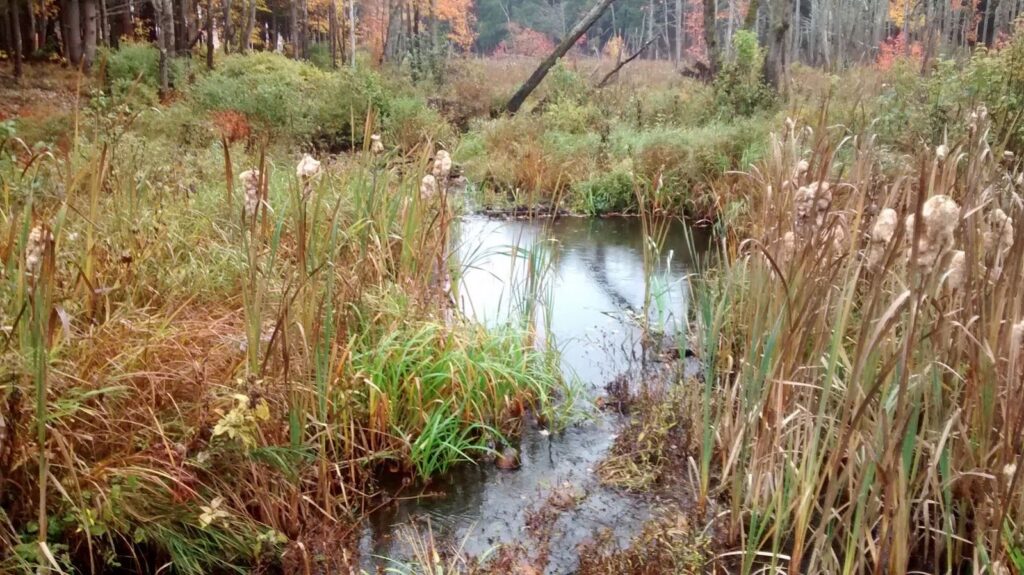New Bill Likely to Weaken Wetlands Protection. Conservation Commission Urges Public Comment

Photo: amherstma.gov
Report on the Meeting of the Amherst Conservation Commission, July 23, 2025
This meeting was held over Zoom and was recorded.
Present
Andrey Guidera (acting chair), Alex Hoar, Jason Dorney, Rachel Loeffler, and Bruce Stedman. Absent: Michelle Labbe (Chair).
Staff: Erin Jacque (Conservation Agent). Absent: Dave Ziomek (Assistant Town Manager).
Special Meeting on Hunting Regulations for Conservation Lands
The Conservation Commission is holding a special meeting on hunting regulations for conservation lands on Wednesday, July 30 at 7 p.m. on Zoom. Information is available here. The public is welcome to attend and comment.
Emergency Bond Bill Poses Threats to Environment
A bond bill called the Mass Ready Act pending in the state legislature provides funds for restoration work, climate resiliency in wetlands, and housing. Town Conservation Agent Erin Jacque said the bill threatens local input and regulation. Jacque informed the Conservation Committee that the bill is moving quickly through the legislature because it is considered an emergency measure, so only 30 days are allowed for comments instead of the usual 60 days. All comments are due before July 29. Comments should be submitted to the Joint Committee on Environment and Natural Resources and to your legislators Jo Comerford and Mindy Domb.
The aim of the bill is to promote resiliency by easing requirements for projects involving renewable energy, housing, and food security. The result is that some projects will not need notifications to abutters, public hearings, or public comments. Some eligible proposals can be approved directly by the Department of Environmental Protection (DEP) without being reviewed by the municipality. Conservation Commissioner Andrey Guidera noted that the shortage of personnel at DEP may mean that many projects will be rubber-stamped and not receive a full review.
Also, appeals of decisions will no longer be arbitrated by the DEP, but will go directly to the Superior Court, which is more expensive and will likely discourage appeals. Jacque said that some of the provisions in the bill, especially regarding work in wetlands buffer zones, directly contradict Amherst’s wetlands bylaw.
Although the promise of funds to help communities combat climate change and housing and food shortages has drawn the support of many community leaders throughout the state, including Northampton Mayor Gina-Louise Sciarra, it has engendered criticism from the Massachusetts Society of Conservation Professionals and the Massachusetts Association of Conservation Commissions (MACC).
If it is passed, the bill will go into effect on March 1, 2026, even though the actual regulations have not yet been written. If the bill is passed, Jacque said that Amherst will need to follow its provisions, even if that means not notifying abutters and holding public meetings for certain projects that involve renewable energy or housing.
Below is the notice from the MACC. It notes that, while the need for more housing and decreased use of fossil fuel are important, so is the need to preserve wetlands and environmental resiliency. Housing should be built in areas that will minimize, not increase, future flooding.
Read more about the bill and ways to offer public comment to the legislature here.
